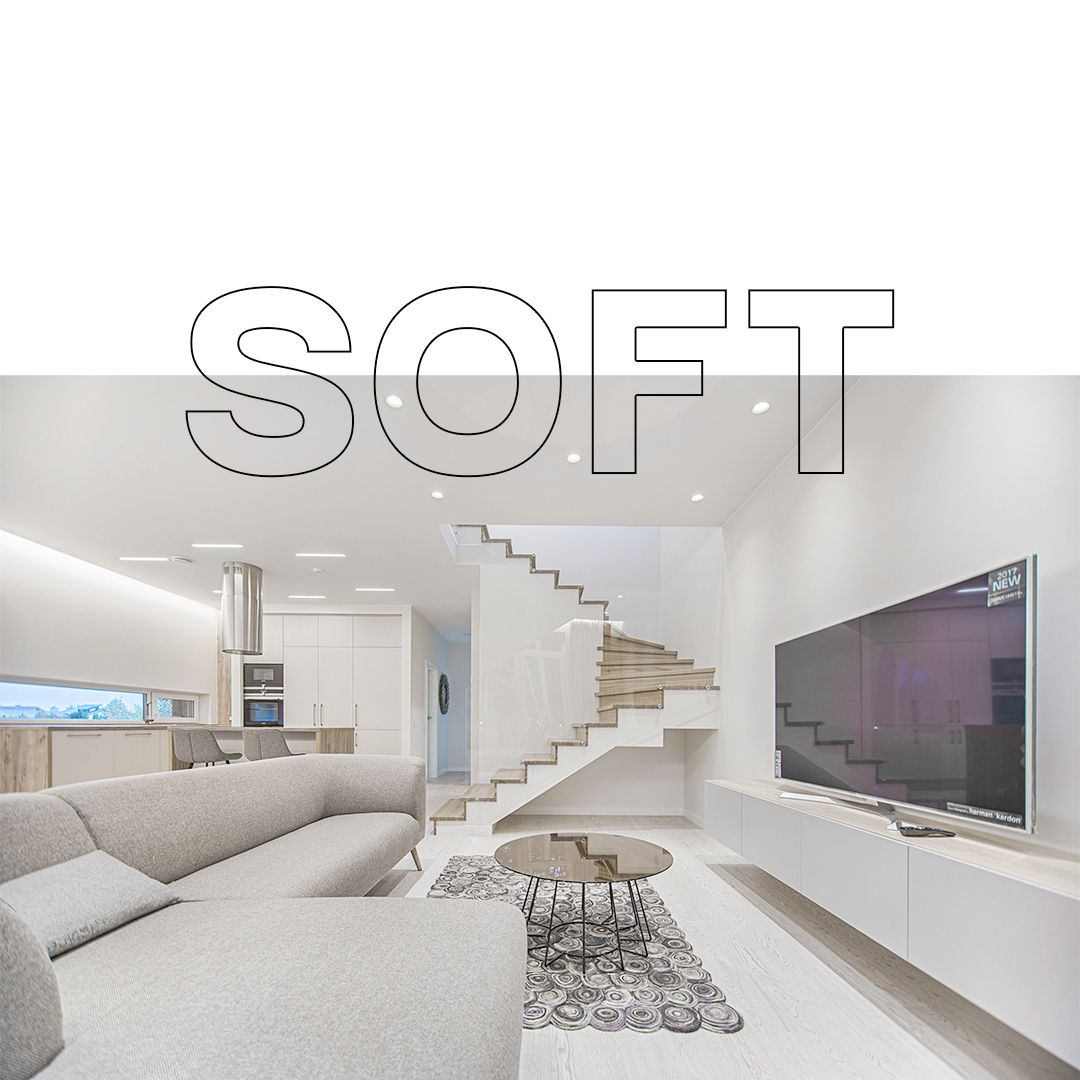You may experience anxiety at work or during an emergency, or you may be afraid when you return home after a stressful day. You have these experiences when you go home from stressful days and it can cause anxiety. Maybe you have had an argument with a family member or you have lost an important game, or you have a bad day at work or at home.
You have suffered the loss of a loved one or you suffer from depression, anxiety or other mental health problems such as anxiety disorders, depression or depression.
In shock and upset, your instincts tell you to go home. Home is a place of spiritual and social protection. Prepare a personal space at home for the many moments of your life and retreat to it when you need spiritual, social and protective support, as well as emotional support. It is vital to provide this area because it provides comfort, support and positive emotional energy.
Although the link between home design and emotional stability is not new, recent studies of the Mental Health Foundation have confirmed the validity of this claim. According to the Mental Health Foundation, anxiety and depression are among the most common mental illnesses. However, many furnishing techniques and approaches have been shown to reduce stress, depression, etc. The relationship between health and home interior is well documented.
The business world is also mindful of the psychological impact of interior design. Business designers use colors, lighting, layout, textures and artwork to create motivating and uplifting spaces that promote positive emotions such as joy, happiness, excitement, satisfaction and satisfaction. They spend as much time thinking about their mindset as they do about the design process. Creating spaces of togetherness and separation can promote mental health, according to a recent study by the National Institute of Mental Health.
A bright, soaked room is a joy, and getting sunlight out of the window lifts the mood. Did you know that sunlight also reduces depression and anxiety levels in people with depression?
In fact, more sunlight in space can increase happiness, and a prolonged lack of sun can cause sadness. Sunlight also seems to inspire and motivate people at home and at work, so it's a great option for people with depression and anxiety.
While there are many studies that demonstrate the psychological and physiological benefits of natural light, one study showed that workers with access to natural light performed significantly better than those without.
Another study from 2002 showed that daylight is more effective than artificial light in treating depression, anxiety and other mental health problems. In fact, people showed a lack of vitality and signs of sleep disturbances while working under artificial light.
Most people prefer cramped accommodation, but not everyone knows that a sense of spaciousness can also lift the mood. People who live in rooms with high ceilings tend to be more creative and improve their mental health, studies have found. The positive effects of the room layout can also be achieved in a room with a low ceiling.
A sense of spaciousness seems to be one of the key components of a happy place, and a clean, open apartment with minimal clutter lightens the mood. A sense of openness can also be achieved in a room with a low ceiling, according to a study from the University of California at Berkeley.
Feng Shui inspires us to make organization and order a lifestyle, and founder Marie Kondo is one of the most successful entrepreneurs in the world with a transformative impact on the lives of millions.
It encourages people to let go of things they don't like, whether it's a sofa or a pair of socks or even a piece of furniture.
In the series, people used Kondo's approach to clean radically, carefully arrange and store their remaining possessions, and end up with a home that felt noticeably cleaner, brighter, and happier. Another is to create spacious rooms in your home - studies have shown that space is an important part of a peaceful, soothing home. Open, airy rooms contribute significantly to people's well-being - as well as their mental health.
An easy-to-find space promotes social interaction and reduces anxiety and the feeling of being overwhelmed. Beyond the size of the room, the use of furniture and the arrangement and function of the furniture contribute to creating a mentally healthy space.







